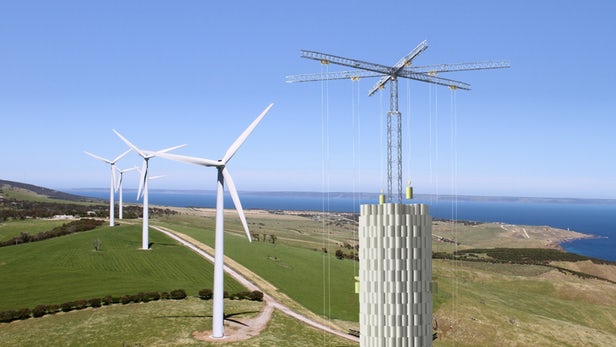Renewables: Happening Because of Cost, Environmental Factors

Here we have news that:
Portland (Oregon) General Electric wants to add an average 150 MW of renewables by 2023 along with energy efficiency and 4 MW energy storage.
The utility on July 19 filed its 2019 Integrated Resource Plan (IRP) with the Oregon Public Utility Commission, noting that it has approximately 350 MW of capacity contracts that expire in the mid-2020s and that it will also be shutting down the coal-fired Boardman plant next year.
PGE is looking to issue a request for proposals in 2020, and says that wind resources may provide the lowest-cost energy compared to other resources, including natural gas. It also plans to increasingly turn to demand response in order to deliver reliable electricity for the next six years.
The transition is happening all around us. Will it come in time? Who knows?

Craig,
Do you actually read the details of these proposals? These are “proposals” not actually happening.
Did you read the bit about:
” The economic context for these emission reduction proposal is discussed in the proposed cap-and-trade legislation both State and Federal. This legislation requires a reduction in statewide GHG emissions to: (a) 45 percent below 1990 levels by 2035; and (b) 80 percent below 1990 levels by 2050″.
Elsewhere in the “proposal” reference is made to the continued commitment of Obama era subsidies to offset any economic problems.
The “proposal also sneaks in permission to establish “bio-mass” as a resource. (In practice, “Bio-mass” just means burning wood chips from clear felling forests).
The adequacy of renewable energy will only become more apparent as electricity prices increase and States lose industry to locations offering more competitive pricing infrastructure. Subsidies only work for short time. Eventually, the entire industrial supply train becomes uneconomic and economic activity collapses.
Germany is an excellent warning. What started out as a “war on Coal and Nuclear” and a confidently popular belief in renewable power, has descended into a humiliating disaster, quadrupling of electricity pricing and a power grid increasingly desperate of Russian Gas and clear felled bio-mass generation.